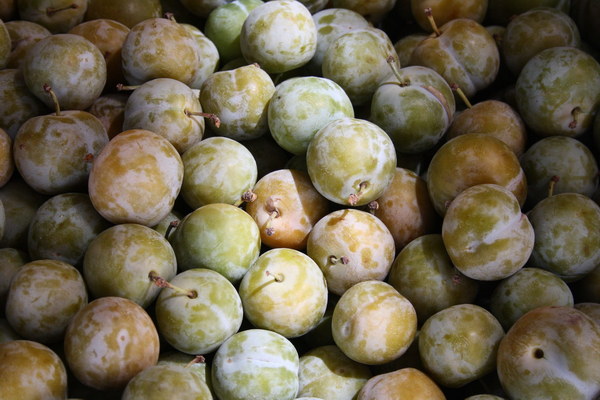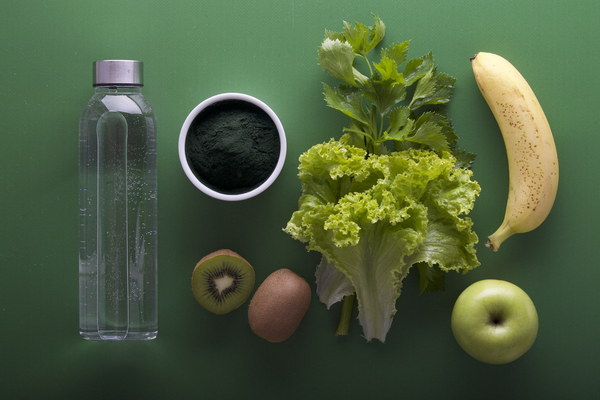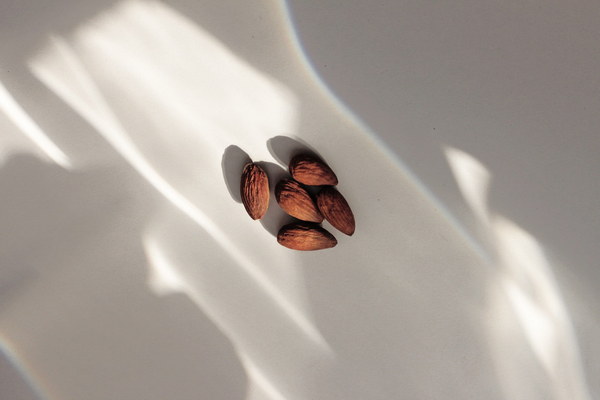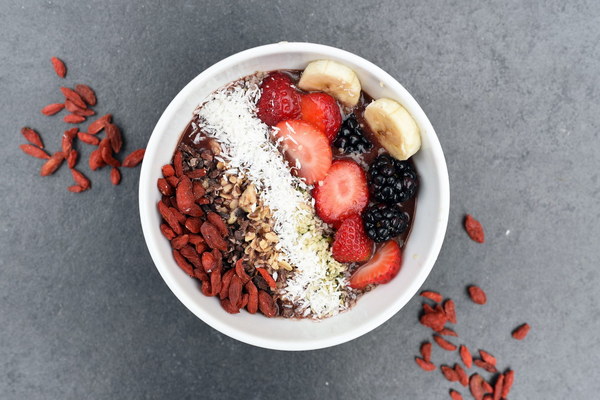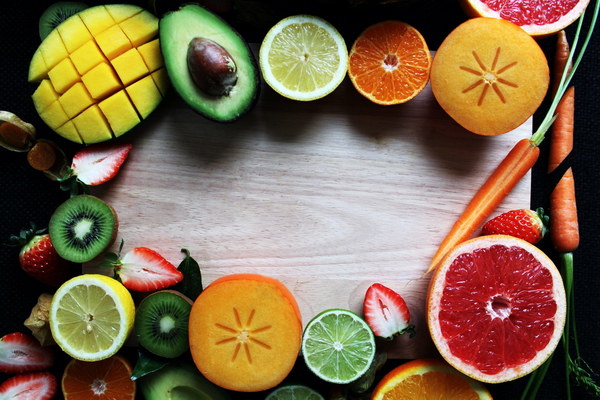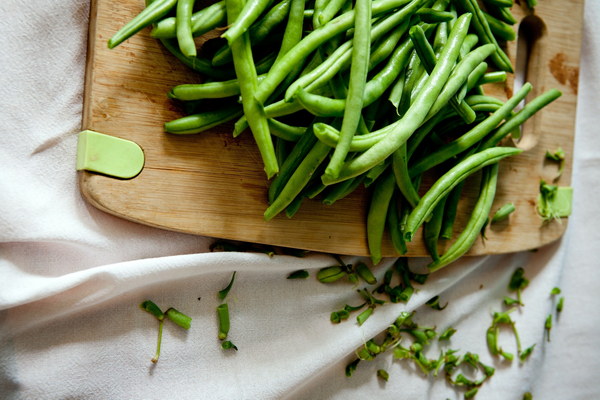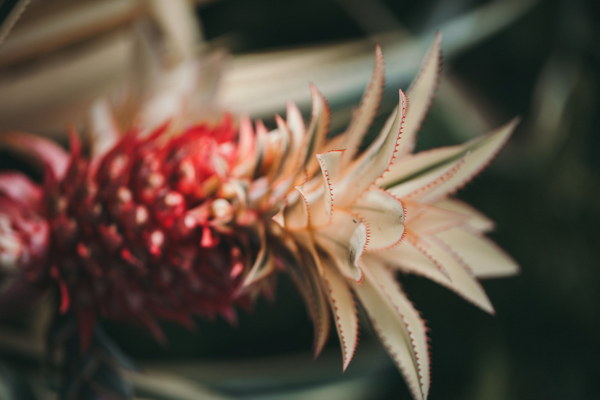Natural Remedies for Children's Allergic Rhinitis A Nutritional Approach
Introduction:
Allergic rhinitis, often referred to as hay fever, is a common condition among children, causing symptoms such as sneezing, runny nose, and itchy eyes. While medication can alleviate these symptoms, many parents are looking for natural remedies to support their child's health. This article explores the benefits of nutritional approaches in managing children's allergic rhinitis, offering a variety of dietary tips and remedies.
1. Nutritional Tips for Children with Allergic Rhinitis
a. Boost Immune System
A strong immune system can help combat allergic reactions. Incorporate foods rich in vitamin C, vitamin E, and zinc into your child's diet to enhance their immune response. Examples include oranges, strawberries, kiwi, almonds, and eggs.
b. Reduce Inflammation

Inflammation plays a significant role in allergic reactions. Foods containing omega-3 fatty acids, such as flaxseeds, chia seeds, and walnuts, can help reduce inflammation in the body. Encourage your child to consume these foods regularly.
c. Stay Hydrated
Drinking plenty of water helps thin mucus, making it easier for your child to breathe. Aim for at least 8-10 glasses of water per day, and consider adding cucumber or lemon slices to flavor the water.
d. Limit Allergenic Foods
Identify and eliminate allergenic foods from your child's diet if they are known to trigger allergic reactions. Common allergens include dairy, eggs, peanuts, and tree nuts. Consult with a healthcare professional for guidance on identifying and avoiding allergens.
2. Natural Remedies for Children's Allergic Rhinitis
a. Quercetin
Quercetin is a natural bioflavonoid found in onions, apples, and berries. It helps reduce the release of histamine, a compound responsible for allergic reactions. Give your child a quercetin supplement (under a healthcare professional's supervision) or incorporate quercetin-rich foods into their diet.
b. Stinging Nettle
Stinging nettle is an herbal remedy that has been shown to reduce symptoms of allergic rhinitis. Prepare a tea by boiling fresh or dried stinging nettle leaves and serving it to your child. Consult with a healthcare professional before administering stinging nettle to ensure it is safe for your child.
c. Probiotics
Probiotics can help maintain a healthy gut flora, which may reduce allergic reactions. Encourage your child to consume probiotic-rich foods such as yogurt, kefir, and fermented vegetables. You can also consider probiotic supplements (under a healthcare professional's supervision).
d. Local Honey
Local honey contains pollen from the area, which can help desensitize your child to allergens. Gradually introduce a small amount of local honey to your child's diet, starting with just a few drops per day. Consult with a healthcare professional before giving honey to children under one year of age.
Conclusion:
While medication can provide immediate relief for children with allergic rhinitis, a nutritional approach can complement traditional treatments and support overall health. By incorporating immune-boosting, anti-inflammatory, and anti-allergenic foods into your child's diet, and exploring natural remedies such as quercetin, stinging nettle, probiotics, and local honey, you can help manage your child's allergic rhinitis effectively. Always consult with a healthcare professional before introducing any new treatments or dietary changes to ensure your child's safety and well-being.
